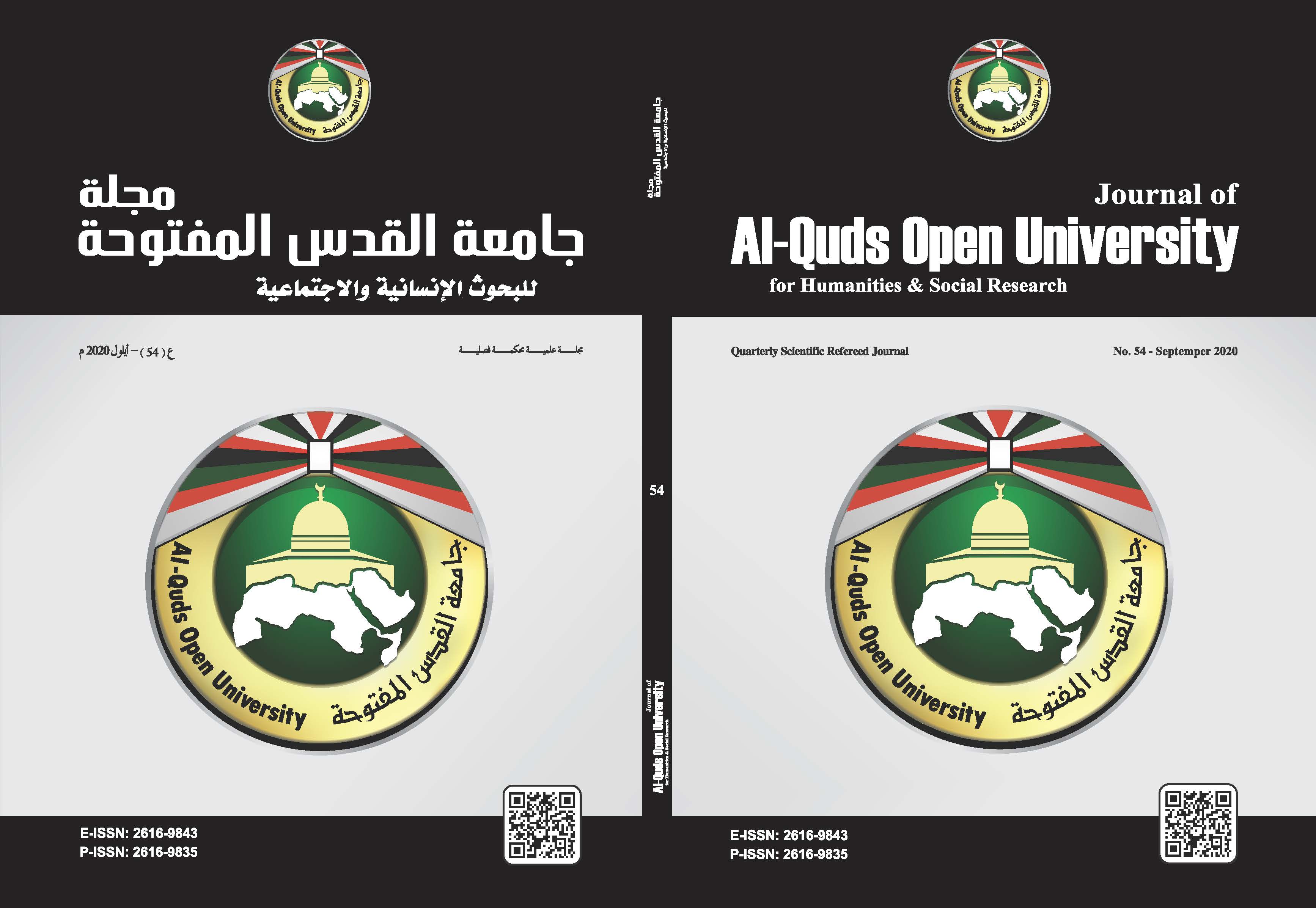The legal nature of pesticides used in the agricultural sector in Palestine
DOI:
https://doi.org/10.33977/0507-000-054-003Keywords:
fertilizer, agriculture law, pesticides, pollution.Abstract
The study dealt with the legal framework governing the use of pesticides in the agriculture sector in Palestine. The Palestinian legislator has regulated the use of pesticides in the agriculture sector through several legislations, most notably the Agriculture Law and the Consumer Protection Law, in addition to the Public Health Law and the regulations issued by the Council of Ministers. The legal procedures related to the manufacture and registration of pesticides, in addition to the controls of their use, and the penalties for violating these legal provisions, especially in the case of the circulation of food contaminated with pesticides resulting from the illegal use of these Pesticides. This legislation has taken many precautionary measures to reduce the risks of these pesticides to human health and the environment. The supplier has been obliged to show the consumer the method of using insecticides in a clear manner. He should also register the insecticides filled with metal, glass, plastic or Carton, paper or transparent guidelines or drawings to the consumer about the best way to dispose of them after use in a manner that leads to the preservation of the cleanliness of the environment.
The Palestinian legislator banned the importation of any pesticides unless they are licensed for use in agriculture in developed countries such as the United States and the World Health Organization. The registration of pesticides is restricted to a Palestinian institution or company licensed to import, manufacture, Importation without registration is permitted without registration with the Ministry of Agriculture, if the importer is a governmental entity and is intended to be used in its area of competence or activity provided that it is not a pesticide prohibited by competent international organizations or prohibited for domestic use , And the position of the Palestinian legislature in this area is consistent with the advanced legislation in many countries of the world, and with the World Food Code of the United Nations Food and Agriculture Organization (FAO), which aims to protect public health and mitigate the negative effects on the environment, where Prohibition of the import of pesticides, and the Palestinian legislator in the previous legislation a set of controls for the manufacture and circulation of pesticides in the interest of public health and environmental safety.
Downloads
Published
How to Cite
Issue
Section
License
- The editorial board confirms its commitment to the intellectual property rights
- Researchers also have to commit to the intellectual property rights.
- The research copyrights and publication are owned by the Journal once the researcher is notified about the approval of the paper. The scientific materials published or approved for publishing in the Journal should not be republished unless a written acknowledgment is obtained by the Deanship of Scientific Research.
- Research papers should not be published or republished unless a written acknowledgement is obtained from the Deanship of Scientific Research.
- The researcher has the right to accredit the research to himself, and to place his name on all the copies, editions and volumes published.
- The author has the right to request the accreditation of the published papers to himself.













_2.png)
_.png)
_2.png)
_1.png)
_.png)

